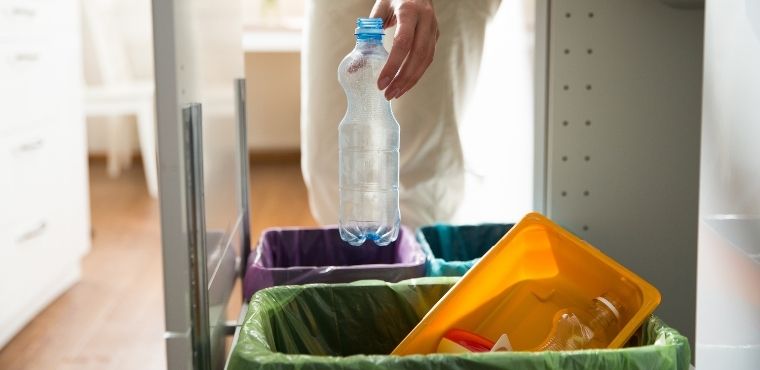Normally, recycling items is an easy way for people to keep reusable, inorganic materials out of landfills and bodies of water. Some items around the house make it difficult to consistently stay on top of recyclables, however. These common household items that are hard to recycle often hang around our houses longer than they should, especially when you’re not sure what to do with them. Learn how to properly dispose of them before you give up and throw them in the trash.
Malfunctioning Electronics
When an electronic device or appliance doesn’t work, you may still find plenty of functional parts left inside. The mix of electronic parts along with different materials doesn’t lend itself well to recycling, and you may feel bad selling the device or donating it due to it being broken.
Recycling organizations have recognized the need for proper electronic and appliance disposal. These locations take the device and scrap it down to its parts or find a use elsewhere for broken electronics. They may have a charge per recyclable that you give to them, so be sure to check their information and rates before taking your broken electronics to a specialty electronics recycling organization.
VHS Tapes
Whether you’re a fan of movies or a fan of recording home videos, chances are that you have old VHS tapes from the 90s or 2000s that you don’t know how to use. Some old tapes are worth a pretty penny to the right collector, but many lack value due to their low quality compared to modern movie-watching methods. You can’t throw VHS tapes into your recycle bin and leave them to normal recycling plants, as they require special care to dispose of.
If you’re tired of tapes cluttering your media center, pay to recycle the old tapes that hold no emotional or monetary value. You can also consider selling old, recorded TV tapes as blank tapes once you record over them with blank footage.
Batteries
One of the most common household items that are hard to recycle are batteries of every shape and size. Because they contain harmful chemicals inside a metal shell, recycling them through your normal recycling program is out of the question. Some recycling services allow you to set them aside in a small bag so they can recycle them separately, but if yours doesn’t, then what do you do?
Local electronics and supermarkets often have recycling centers for this purpose. If you have to go to a supermarket or electronics store anyway, you may as well take your batteries with you! Next time you visit the store, look around for their recycling area to see what you can bring along during your next visit.






